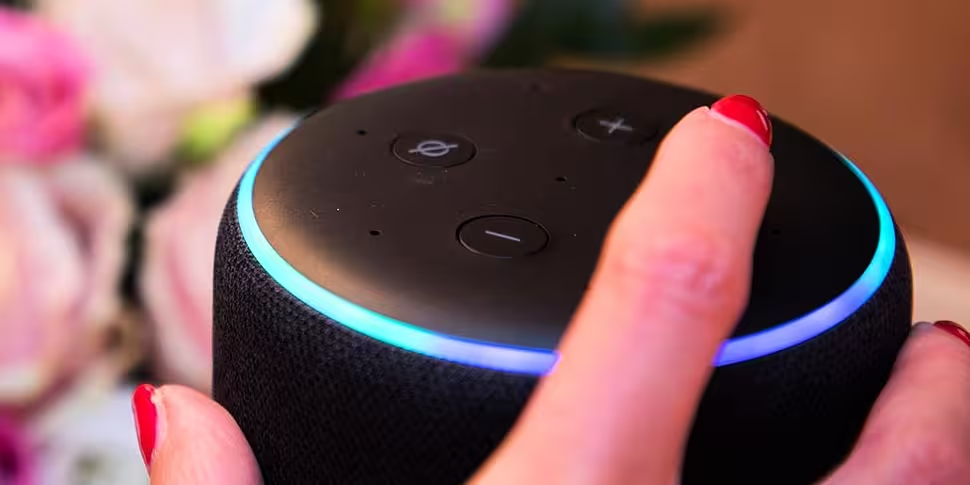Female-sounding voice assistants are re-affirming outdated social norms and gender biases.
That's according to Debbie Ging, associate professor of Digital Media and Gender in the School of Communications at Dublin City University.
The most popular digital assistants such as Amazon Alexa, Apple's Siri or Google Assistant all have one thing in common - they are predominantly female sounding.
Dr Ging told Newstalk Breakfast this could be re-enforcing outdated stereotypes.
"I think it is a problem, the main concern here is that having female voice assistants re-affirms these kind of outdated social norms and gender biases.
"That women are subservient, that they're quiet, polite and ultimately that their purpose is merely to assist others.
"There's also research which looks at how voice assistants respond to abuse - it's a little bit more than just the fact that they're digital servants, I suppose."
Referencing a UNESCO report from 2019, entitled 'I'd Blush If I Could', Ms Ging said this phrase "is a reference to one of Siri's programmed responses to being called a slut.
"It raised the issue of how AIs might also be normalising and excusing the abuse of women.
"Obviously children are observing how adults interact with these robots, so these gendered power dynamics are being subconsciously picked up on or internalised.
"And I think that's probably a major concern as well".
'Reflecting qualities in society'
Put to her that users can choose the gender of their virtual assistant, she said: "If the voices were all male there would be a different conversation.
"But I think because these roles are roles of servitude, traditionally, the kinds of functions that are associated traditionally with women... that this is just kind of a digital version of a phenomenon that already exists."
She added that there is research to support both arguments.
"There's research that shows that both men and women respond better to female voices.
"It's been suggested by some that this is because the first voice we hear is in the womb, is that of our mother.
"But this is mostly consumer behaviour research, so presumably it's very context dependent.
"Other research, for example, shows people respond better to male voices in positions of authority.
"Again if the role of voice assistants was to be authoritative, rather than to assist... I think they probably would be male voices.
"The technology is reflecting qualities that exist in societies already".









